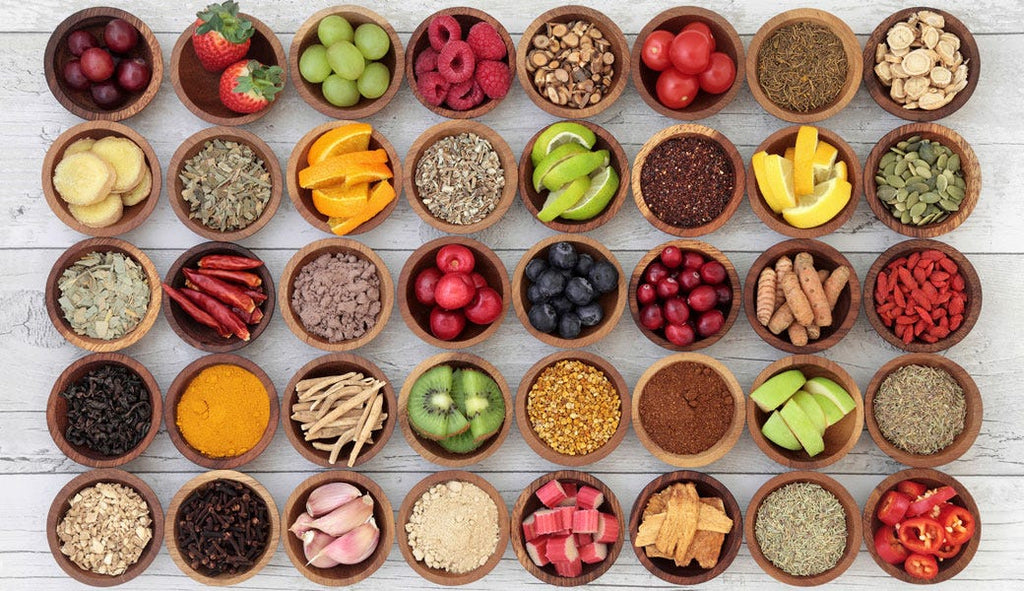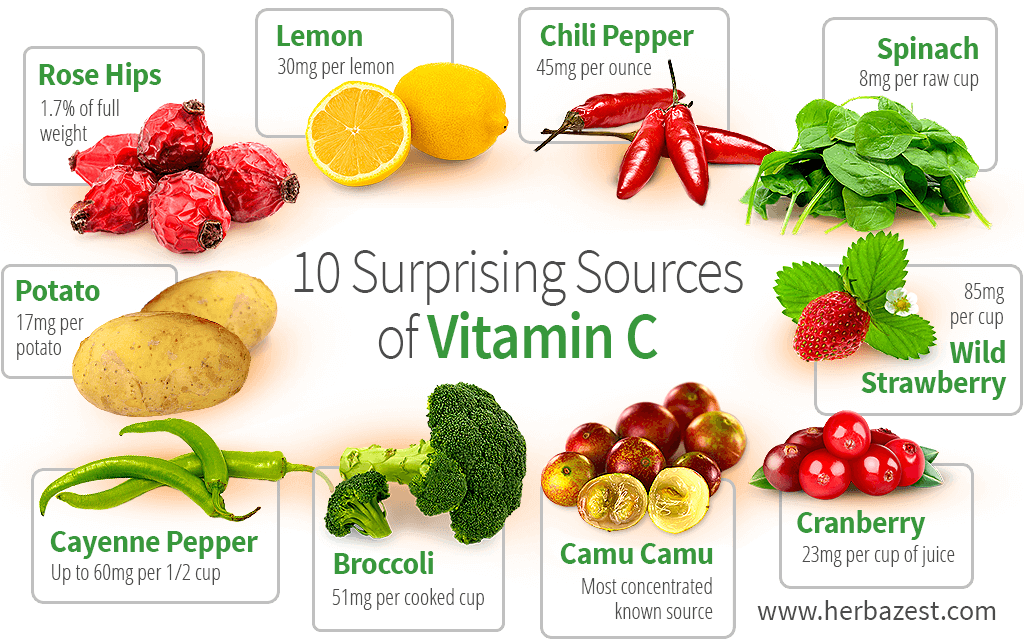Berries and citrus fruits have long been celebrated for their delightful flavors and vibrant colors, but their benefits extend far beyond their taste. These fruits offer a wealth of helpful information when it comes to blood pressure management and antioxidant protection. Packed with antioxidants, fiber, and essential nutrients, berries and citrus fruits can play a significant role in promoting cardiovascular health and safeguarding the body against oxidative stress. In this article, we will explore the top five reasons why incorporating these fruits into your diet can have a positive impact on your well-being.
1, Berries and citrus fruits are indeed rich in antioxidants, which are compounds that help protect the body from oxidative stress. Oxidative stress occurs when there is an imbalance between the production of free radicals and the body's ability to neutralize their harmful effects.
Free radicals are unstable molecules that can damage cells and contribute to the development of chronic diseases, including hypertension (high blood pressure), heart disease, cancer, and neurodegenerative disorders. Antioxidants help counteract the damaging effects of free radicals by stabilizing them and preventing further cellular damage.
Berries such as blueberries, strawberries, raspberries, and blackberries, are packed with antioxidants like vitamin C, vitamin E, anthocyanins, and flavonoids. These antioxidants have been shown to have anti-inflammatory properties and can help reduce the risk of chronic diseases.
Citrus fruits like oranges, lemons, grapefruits, and limes are excellent sources of vitamin C, a potent antioxidant. Vitamin C helps boost the immune system, promotes collagen production, and protects against oxidative damage.
By including berries and citrus fruits in your diet, you can increase your intake of antioxidants, which can help reduce oxidative stress and support overall health. It's important to note that while consuming these fruits can contribute to a healthy lifestyle, they should be part of a balanced diet along with other nutritious foods.
2, Regular consumption of berries and citrus fruits has been associated with the potential to lower blood pressure, which is a significant risk factor for cardiovascular diseases such as heart disease and stroke. This beneficial effect is attributed to the high content of flavonoids found in these fruits, specifically anthocyanins in berries and hesperidin in citrus fruits.
Flavonoids are a class of antioxidants that are known for their potential health benefits. Several studies have examined the effects of flavonoid-rich foods on blood pressure, and berries and citrus fruits have emerged as particularly beneficial.
Anthocyanins, which give berries their vibrant colors, have been associated with improved blood pressure control. These compounds may help relax blood vessels, promote vasodilation, and reduce arterial stiffness, leading to lower blood pressure levels.
Hesperidin, a flavonoid abundant in citrus fruits like oranges and grapefruits, has also shown potential in reducing blood pressure. It may enhance endothelial function, which helps regulate blood vessel dilation and constriction, leading to improved blood flow and lower blood pressure.
It's important to note that while berries and citrus fruits can be part of a healthy diet for managing blood pressure, they should not replace other lifestyle modifications or medications prescribed by healthcare professionals. A well-rounded approach to blood pressure management includes a balanced diet, regular physical activity, maintaining a healthy weight, limiting sodium intake, moderating alcohol consumption, and managing stress levels.
3, Berries, including blueberries, strawberries, and raspberries, are indeed rich in polyphenols, which are plant compounds known for their antioxidant properties. Polyphenols have been studied for their potential benefits on cardiovascular health, including their vasodilatory effects.
Vasodilation refers to the widening or relaxation of blood vessels, which can improve blood flow and reduce blood pressure. Polyphenols in berries have been shown to promote vasodilation by enhancing the production of nitric oxide, a molecule that helps relax the smooth muscles in blood vessel walls.
By promoting vasodilation, these polyphenols can help improve blood flow and reduce the resistance in blood vessels, resulting in lower blood pressure levels. This effect is beneficial for overall cardiovascular health, as it reduces the strain on the heart and lowers the risk of cardiovascular diseases.
In addition to their vasodilatory effects, the polyphenols in berries also have anti-inflammatory properties, which can further contribute to cardiovascular health by reducing inflammation in blood vessels and protecting against the development of atherosclerosis.
It's worth noting that while the polyphenols in berries can be beneficial for blood pressure management, maintaining a balanced and varied diet, along with other lifestyle modifications, is crucial for overall cardiovascular health.
4, Citrus fruits such as oranges, grapefruits, and lemons are known for their high content of vitamin C, which is not only a powerful antioxidant but also plays a role in blood pressure regulation.
Vitamin C promotes the production of nitric oxide, a molecule that helps relax and dilate blood vessels, leading to improved blood flow and reduced blood pressure. Nitric oxide acts as a vasodilator, similar to the vasodilatory effects of the polyphenols found in berries. By increasing the production of nitric oxide, vitamin C helps maintain healthy blood vessel function and supports optimal blood pressure levels.
In addition to its role in nitric oxide production, vitamin C also exhibits other cardiovascular benefits. It helps reduce inflammation in blood vessels, enhances endothelial function, and supports the overall health of the cardiovascular system.
Incorporating citrus fruits into your diet is a great way to increase your intake of vitamin C and potentially contribute to blood pressure management. Remember that a well-rounded approach to blood pressure control includes various lifestyle modifications, so it's important to combine citrus fruits with other healthy habits like regular physical activity, a balanced diet, and stress management techniques.
5, Both berries and citrus fruits are indeed low in calories and high in fiber, making them excellent choices for a healthy diet.
The high fiber content in these fruits offers several benefits, including the regulation of blood sugar levels. Fiber slows down the absorption of glucose in the bloodstream, preventing rapid spikes in blood sugar levels. This can be particularly beneficial for individuals with or at risk of developing conditions like diabetes or metabolic syndrome.
Furthermore, the fiber content in berries and citrus fruits promotes satiety, meaning they can help you feel full and satisfied after consuming them. This can be helpful for weight management by reducing overeating and controlling calorie intake.
Maintaining a healthy weight is important for blood pressure management since excess body weight, especially abdominal obesity, is closely associated with an increased risk of hypertension. By incorporating low-calorie, high-fiber fruits like berries and citrus fruits into a balanced diet, you can support weight management efforts and potentially reduce the risk of developing hypertension.
Remember that overall dietary patterns and lifestyle choices are crucial for achieving and maintaining a healthy weight. Alongside consuming fruits, it's important to focus on a well-rounded diet that includes a variety of nutrient-dense foods, regular physical activity, and appropriate portion sizes.
In conclusion, berries and citrus fruits have earned their place as nutritional powerhouses when it comes to blood pressure management and antioxidant protection. Their abundance of antioxidants, flavonoids, and vitamin C contribute to improved blood flow, reduced blood pressure, and enhanced antioxidant defenses. By incorporating these fruits into your daily diet, you can reap the numerous health benefits they offer while enjoying their delicious flavors. So, make it a habit to savor the sweetness of berries and the tanginess of citrus fruits as you embark on a journey towards better cardiovascular health and overall well-being.
:max_bytes(150000):strip_icc()/eight-antioxidant-rich-foods-0922-2000-ad924d40a11e4f4eaccf99a462e2017b.jpg)



:max_bytes(150000):strip_icc()/what-is-a-low-calorie-diet-2506557-a-f58006cd0dd642da8c4a1e9ed7592c0d.jpg)
Comments
Post a Comment